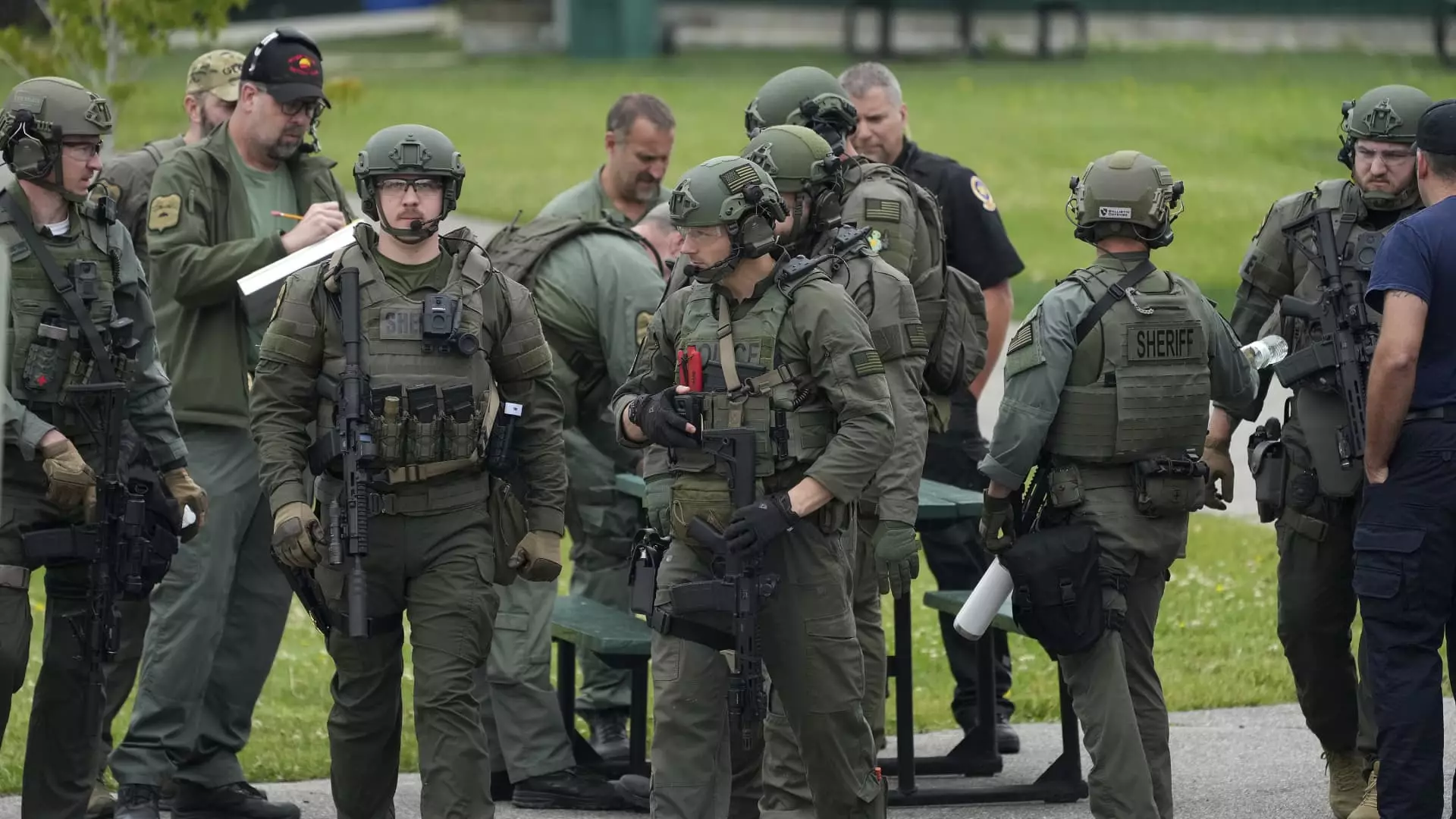The recent brutal assassination of Minnesota Democratic state Rep. Melissa Hortman and her husband, Mark, marks not just a tragic loss for the Hortman family but a grim reminder of the escalating political violence that has seeped into the very fabric of our democracy. This horrendous act—committed by 57-year-old Vance Luther Boelter, who not only impersonated a police officer but also attempted to carry out a massacre against other political figures—signals an alarming urgency to confront the toxic climate that cultivates such behavior. This is no ordinary crime; it is an affront to the principles of civility, debate, and democratic discourse.
The Perils of Political Polarization
What cannot be overlooked in this tragedy is the political climate that breeds such extremism. When individuals feel empowered to commit acts of violence in the name of ideology, we find ourselves facing a crisis far deeper than the actions of a deranged individual. This attack on Hortman and her husband sends shockwaves that reverberate through Minnesota and across the nation, laying bare the consequences of a polarized political environment. It begs the question: How far have we slipped into a culture where assassination emerges as a form of political expression? Lawmakers cannot simply mourn; they must also reflect and take action.
Voices of Outrage and Reflection
Senator Amy Klobuchar’s distress is palpable as she warns that “everyone [is] on edge,” and rightly so. The implications of this attack go beyond personal grief—they spark collective anxiety over safety and security in governance. As the FBI scrambles to apprehend Boelter and warns that he may still be lurking within the region, we are left grappling with a truth we wish were not so stark: there exists a list of potential targets. These public servants are not merely avatars of policy; they are human beings exposed to threats for serving their communities.
Governor Tim Walz’s poignant tribute to Hortman reflects a heartfelt void left by one of Minnesota’s most consequential political figures. Her legacy, marked by dedication and service, serves as a stark contrast to the hatred that motivated her assassination. The statements from both side of the political aisle shed light on an essential truth: political violence knows no party lines. It is universally condemned, yet its roots grow in a soil fertilized by incivility and division.
Searching for Answers—And Solutions
In the aftermath of violence, the calls for unity ring hollow unless they are coupled with tangible actions to address the underlying issues that facilitate such horrific acts. The public must make it clear that violent rhetoric will no longer be tolerated in political discourse. As President Trump indicated, we must collectively agree that “horrific violence will not be tolerated,” but this acknowledgment must transition from mere words to a robust strategy aimed at healing the divisions that threaten our democracy.
In this state of uncertainty, as citizens, we must engage in self-examination. What are we doing to contribute to a culture of empathy rather than one of hatred? What community dialogues are being held, and how can we amplify voices that promote understanding over division? Answering these questions will pave the way forward—not just for Minnesota, but for a nation grappling with the specter of political violence that threatens to derail our foundational values.

Leave a Reply